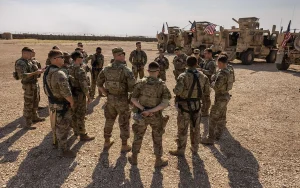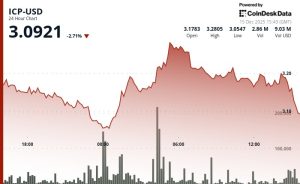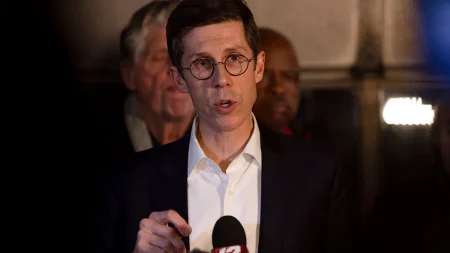President Volodymyr Zelensky’s New Year’s address, delivered amidst the ongoing conflict with Russia, resonated with a powerful call for continued and unwavering support from the United States. His message, imbued with a sense of resilience and determination, underscored the critical role of American aid in Ukraine’s fight for survival and its broader implications for the global order. Zelensky framed the war not merely as a struggle for Ukrainian sovereignty but as a defense of democratic values against authoritarian aggression, a narrative strategically designed to resonate with the American public and policymakers alike. His appeal transcended the immediate needs of military hardware and financial assistance; it sought to solidify the enduring partnership between the two nations, portraying Ukraine as a vital bulwark against Russian expansionism and a champion of the principles upon which the post-World War II international order was founded.
Zelensky’s address artfully weaved together several key themes to amplify the urgency and importance of continued U.S. support. He highlighted the immense human cost of the war, emphasizing the suffering endured by Ukrainian civilians, the displacement of millions, and the systematic destruction of homes, infrastructure, and cultural heritage. This human-centric narrative served as a powerful reminder of the devastating consequences of the conflict, appealing to the American public’s sense of empathy and moral responsibility. Furthermore, he emphasized the resilience and unwavering spirit of the Ukrainian people, portraying them as steadfast defenders of their homeland and democratic ideals. This portrayal aimed to bolster the perception of Ukraine as a worthy recipient of American assistance – a nation fighting not just for its own survival but for the shared values of freedom and self-determination.
The Ukrainian President skillfully linked the fate of his nation to the broader geopolitical landscape, arguing that Ukraine’s struggle represents a crucial front line in the global contest between democracy and authoritarianism. He cast Russia as a revisionist power seeking to undermine the international order and redraw the borders of Europe by force, a narrative that resonates with American anxieties about Russian expansionism. By framing the conflict in these terms, Zelensky effectively broadened the scope of the issue beyond a regional dispute, elevating it to a matter of fundamental importance to the United States’ strategic interests. This framing strategically placed Ukraine as a pivotal partner in containing Russian aggression, thus justifying continued and even increased American support as a measure of national security.
Zelensky’s address also subtly underscored the effectiveness of American assistance thus far, showcasing the tangible impact of U.S.-supplied weaponry and financial aid on the battlefield. He implicitly argued that continued support would be crucial in maintaining this momentum and ultimately achieving victory against Russia. By highlighting Ukrainian successes, especially those enabled by American contributions, he reinforced the narrative that U.S. support is not merely charitable but a strategic investment with demonstrable returns. This approach aimed to persuade both the American public and policymakers that supporting Ukraine is not just a moral imperative but a pragmatic approach to safeguarding U.S. interests by weakening a potential adversary and upholding the international order.
Beyond the immediate military and financial needs, Zelensky’s appeal subtly hinted at the long-term implications of the conflict for the future of Europe and the transatlantic alliance. He implicitly suggested that a Ukrainian victory, facilitated by continued American support, would not only secure Ukraine’s sovereignty but also strengthen the transatlantic partnership and deter future acts of aggression. This broader perspective aimed to frame U.S. support as an investment in the long-term stability and security of Europe, a region of vital strategic importance to the United States. By linking Ukrainian success to the strengthening of the transatlantic alliance, he presented a compelling argument for continued engagement, portraying it as a strategic imperative to maintain American influence and leadership on the world stage.
In conclusion, President Zelensky’s New Year’s address represented a sophisticated and carefully crafted appeal to the United States for sustained support in the face of Russian aggression. He masterfully interwove themes of human suffering, national resilience, geopolitical significance, and the effectiveness of American aid to paint a compelling picture of Ukraine’s critical role in the global struggle for democracy. By framing the conflict as a broader struggle against authoritarianism and linking Ukrainian success to the strengthening of the transatlantic alliance, Zelensky effectively presented continued U.S. support as both a moral imperative and a strategic investment in global security. His message was a powerful reminder that the fate of Ukraine is inextricably linked to the broader geopolitical landscape and that American support remains pivotal in determining the outcome of this conflict and shaping the future of Europe.









